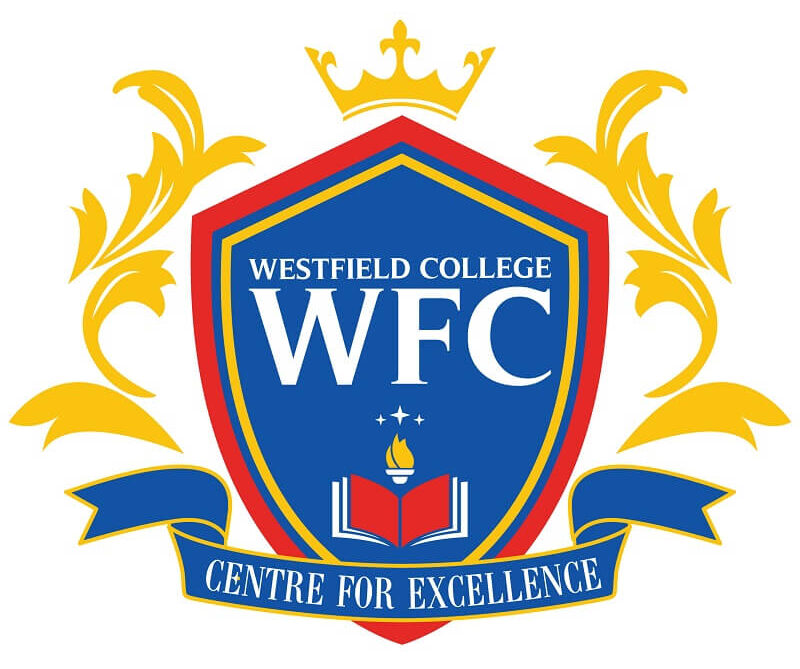Communication in Health and Social Care. Great Course. Very Easy to Understand
MSc Advanced Computer Science

MSc Advanced Computer Science
Overview:
Computer science is one of the fastest growing subjects around the world. From its theoretical and algorithmic foundations to cutting-edge development in robotics and intelligent systems, it is a wide field which needs an increasing number of suitably educated individuals to support it.
This computer science masters introduces you to a number of software and hardware technologies and their real world applications.
You’ll learn about abstraction, complexity, evolutionary change, sharing of common resources, security and concurrency.
From system functionality to usability and performance, you’ll also be better placed to solve real-life problems with an understanding of how they affect people’s lives.
Online application form
Information requested on this form should be completed in as much detail in order to process your application successfully. All fields marked * must be completed.
Apply Now
Entry Requirements
This course is designed for graduates with a minimum 2:2 Honours degree or equivalent in a computing or strongly related subject.
Applicants should be proficient programmers.
International Entry Requirements
This course welcomes international applicants and requires an English level of IELTS 6.0 with a minimum of 5.5 in each component or equivalent.
WHAT YOU WILL STUDY
Object Oriented Programming with Data Structures and Algorithms – 40 credits
Object Oriented Programming with Data Structures and Algorithms provides students with opportunity to obtain advanced knowledge and practical skills in the analysis, synthesis, design and implementation of advanced algorithms and data structures. Students will gain skills in Implementation and performance analysis of advanced data structures such as: Queues, B-trees, Oct-tree, Quad-trees, AVL, binary space partitioning grids or multi-resolution maps.
Data Mining – 20 credits
Data Mining provides students with opportunity to appreciate the value of data mining in solving real-world problems by conveying foundational concepts of data mining, big data, and data analytics. Students will gain knowledge of key concepts, algorithms, and techniques commonly used in data mining and big data tools for collection and analysis of data sets.
Distributed Computing – 20 credits
Distributed Computing provides students with opportunity to gain a detailed understanding of the underlying principles associated with distributed computer systems, both from an academic and commercial perspective. Students will work on Developing simulations to demonstrate understanding of distributed system environments and well as cover issues surrounding distributed privacy and security.
Project Management and Research Methodology – 20 credits
Project Management and Research Methodology provides students with the opportunity to plan a project using appropriate methods, techniques and tools, taking into account relevant risks and ethical issues, and undertake a literature review and other development activities to improve their understanding of the situation and/or produce organisational change.
Mobile Application Development – 20 credits
Mobile Application Development provides students with opportunity to demonstrate the application of the theoretical and practical knowledge of the technologies associated with building robust distributed network-based mobile applications. Students will get to further develop skills in designing, implementing, testing and critically evaluating mobile technologies and robust distributed network-based mobile applications
MSc Project – 60 credits
The highlight of the course for many students is the individual project, undertaken under the supervision of one of the lecturing team, where they get to apply what they have learned to a scenario that is complex and demanding.
Teaching
This postgraduate computing course is delivered in four major blocks to offer an intensive but focused learning pattern. Full-time students will typically spend 12 hours in classes and 24 hours outside of classes each week.
If you choose to study part-time, this is reduced to around six hours each week. You will study through lectures, tutorials, practical sessions, seminars and projects.
You will need to spend a significant amount of time working independently, reading and preparing for assessments. Assessment is primarily by coursework, varying from a research-style paper or essay to practical assignments.
You will also work on a significant research project of your own choice, where strong independent thinking, critical analysis and project management skills will be important.
Assessment
Assessment is primarily by coursework (94%), varying from a research-style paper or essay to practical assignments.
You will also work on a significant research project of your own choice, where strong independent thinking, critical analysis and project management skills will be important.
COURSE DETAILS
Accreditations
Accredited by BCS, The Chartered Institute for IT for the purposes of partially meeting the academic requirement for registration as a Chartered IT Professional.
Placements
Through the Erasmus scheme, students could have the opportunity to attend summer schools in advanced computer vision and machine learning with our partners in TEI of Crete, University of Patras, University of Burgundy, Cyprus University of Technology, Polytechnic Institute of Porto and the University of Salento.
Facilities
Practice is so important in gaining understanding of complex machine learning techniques, which is why we have a range of high specification computer laboratories including workrooms dedicated to our masters’ students.
These facilitate a learning environment where you can work individually or in groups and as they are located close to the staff offices.
Our facilities are at the cutting edge of computer development, meaning you’ll use the latest technologies in high-spec labs.
You’ll also find dedicated spaces on campus for computing students, including Windows, Apple Mac, Linux and Networking suites, all with the latest software.
If during a review process course content is significantly changed, we’ll write to inform you and talk you through the changes for the coming year. But whatever the outcome, we aim to equip our students with the skillset and the mindset to succeed whatever tomorrow may bring. Your future, future-proofed.
Additional Costs
As a student of USW, you’ll have access to lots of free resources to support your study and learning, such as textbooks, publications, online journals, laptops, and plenty of remote-access resources. Whilst in most cases these resources are more than sufficient in supporting you with completing your course, additional costs, both obligatory and optional, may be required or requested for the likes of travel, memberships, experience days, stationery, printing, or equipment.
CAREERS
Graduates with an MSc Computer Science will be suitable for roles in software development, database administration, computer hardware engineering, computer systems analysis, computer network architecture, web development, information security analysis, computer programming and computer networks.
Students who complete computing masters will be educated to a professional standard in a range of fields related to computer science, and will have improved transferable skills including problem solving, communication, team working, effective use of IT facilities and information retrieval.
With training to Masters level now the recognised professional level of competence, graduates will be better placed to pursue careers in industry, or continue their interest in computer science through a computing research degree or computing PhD. We welcome applications from self-funded students for postgraduate research degrees, including Masters by Research and PhD, in a range of topics. Please see our Graduate School website for more details.
Fees
Full time
- 12 to 18 months
£7,250
You’ll study 9 modules in total (approx. 37 hrs/week).
Part time option one
- 12 to 18 months
£4,250
You’ll study 6 modules per year (approx. 25 hrs/week).
Part time option two
- 12 to 18 months
£5,500
Have a question about our professional qualifications?

Contact us about our professional qualifications
If you have any questions about our professional qualifications in finance and banking, please contact our customer services team.
Call us
- +44 (0) 203 771 5653
- admissions@westfieldcollege.co.uk
What Our Students Have To Say
Hi, I recently started Access to Higher Education Diploma (Nursing and Midwifery) course with Westfield College.
--Komal Kiran Galaria
DesignerMy experience with Westfield College is great. The supervisor and the admin team are proactive and efficient.

